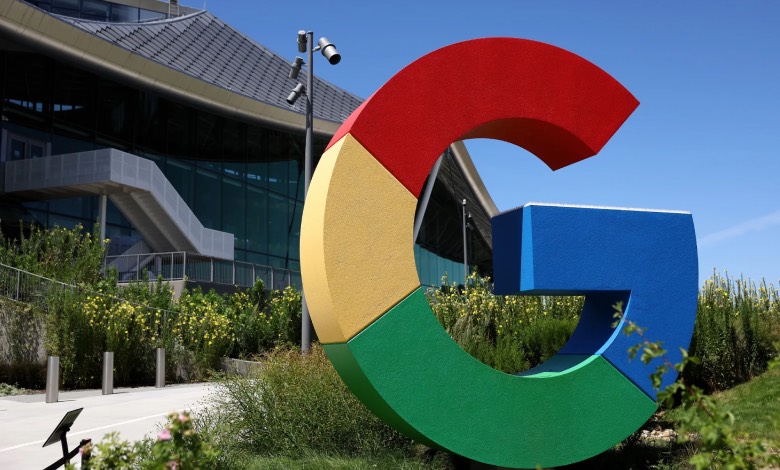Google I/O 2025: Android 16 and AI Take Center Stage

Google’s annual developer conference, Google I/O, has shifted its focus in recent years, moving away from spotlighting Android to emphasizing artificial intelligence. Scheduled for May 20, 2025, this year’s event is expected to heavily feature AI advancements, particularly Google’s Gemini and Gemma models, as the company integrates these technologies across its ecosystem, including Pixel devices and web platforms.
Historically, Google I/O was the primary stage for unveiling Android updates, but the mobile operating system now shares the spotlight with AI-driven innovations. To address this, Google hosted a dedicated Android Show on May 13, 2025, where it introduced Android 16’s new design language, Material 3 Expressive. This update brings vibrant colors, dynamic animations, and enhanced customization options, set to roll out in an Android 16 beta later this month. The beta will also include Live Updates, a feature similar to Apple’s Live Activities, displaying real-time notifications for apps like food delivery, navigation, and ridesharing.
Google has also adjusted its Android release strategy to accelerate feature delivery. Unlike previous years, when slow rollouts frustrated users, the company now plans a major Android release in the second quarter and a minor one in the fourth. This change, coupled with updates via Google Play and apps, ensures new features reach users faster, even on devices not running the latest OS. Major manufacturers like Samsung and Motorola, which follow their own update schedules, benefit from this approach.
Security enhancements were another highlight of the Android Show. Google announced measures to protect users from phone call scams, including blocking app sideloading from unverified sources during calls and restricting accessibility permissions for apps while users are on the phone. These safeguards aim to prevent scammers from gaining control of devices and stealing personal data.
The Verge notes that Google’s AI focus mirrors a broader industry trend, with companies like OpenAI, Microsoft, and Apple prioritizing AI in their products. However, with two years of AI-dominated announcements, there’s a risk that Google I/O 2025 may feel repetitive unless the company unveils groundbreaking developments.




